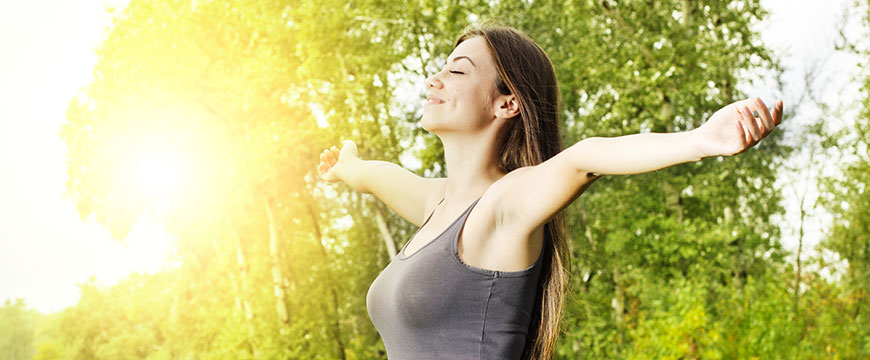Eczema is a skin condition that affects millions of Americans in the US, both children and adults. It is a condition wherein there is a presence of itchy and rough patches on your skin. Blisters may also occur, making it more uncomfortable for those affected by the condition. If you have eczema, it is best to consult an allergist near you.
Brief facts about eczema
Eczema is an uncomfortable medical condition that can affect your quality of life. It can leave unpleasant scars and marks on your skin. As a result, it can cause low self-esteem and some may end up wearing anything that won’t expose their skin. People with eczema should consult an allergy doctor to help them manage their condition.
This skin condition can be due to an allergic reaction to certain triggers such as pollen, nuts, dairy, eggs, or shellfish among a few. The severity of the reaction varies from person to person. Some may experience mild itching that goes away with prescribed medicines. Meanwhile, some may experience severe symptoms that can even be life-threatening if not treated immediately.
Unfortunately, eczema is an incurable condition. On a positive note, it is not contagious and should not be a reason to discriminate the person who has it. There is no definite cure for eczema, but symptoms can be managed. An allergist doctor will prescribe the right medications to heal damaged skin and provide relief from the symptoms.
Types of eczema
There are different types of eczema, of which the most popular is atopic dermatitis. It is said that almost 20 million US adults suffer from atopic dermatitis. One major signs of atopic dermatitis are the presence of an itchy, red rash that appears on the arms, legs, or cheeks. Other types of eczema include:
- Seborrheic dermatitis – occurrence of yellowish white flaky patches and commonly affects the skin and scalp
- Contact dermatitis – a skin reaction that is due to accidentally touching an allergen (ex. Certain plants like poison ivy)
- Stasis dermatitis – refers to leg swelling and skin irritation due to poor circulation
- Dyshidrotic eczema – affects both hands and feet and cause itchy, red blisters and also caused by allergen exposure
Symptoms and treatment
Eczema symptoms may vary from person to person. Likewise, it may also be different depending on the person’s age. Eczema can occur to anyone – from infants to the elderly. Most people have this condition since childhood and then carried into adulthood.
If you have the below symptoms, you should go to an allergy clinic so you can get the right treatment for your condition. Common symptoms of eczema include:
- Presence of rashes on cheeks, scalp, or creases on knees or elbows
- Rashes may also appear on the neck, ankles, legs, buttocks or wrists
- Rashes that leak fluid and cause intense itchiness
- Cause sleep disturbance and may worsen when rubbed or scratched
- Presence of scaly rashes in adults
As mentioned, there is no definite cure for eczema. However, there are several medications that help manage and alleviate the symptoms. These medications that will be prescribed by an allergy physician should also help heal eczema marks. He or she will also suggest a treatment plan depending on the person’s age, the severity of symptoms, and overall health condition.
Other ways to manage eczema symptoms include the following:
- Use skin moisturizers. However, make sure to check the ingredients to ensure it won’t do harm on your skin. Preferably use ones that are paraben-free or similar to that.
- Wear light clothing (ex. Cotton) to let your skin breathe.
- Use scent-free soap or cleanser on your skin. This also applies to lotions and moisturizers.
- Avoid rubbing dry your skin after taking a bath. Instead, gently pat your skin dry to avoid irritation.
- Change into dry clothes after getting all sweaty. Better yet, take a shower after an intense workout or any physical activity.
- Be aware of your triggers and avoid them as much as possible.
- Use doctor-prescribed medications including ointments, creams, and antihistamine tablets.
Take care of your skin and your health
Eczema can affect anyone. Symptoms may appear from infancy and carry them over into adulthood. Millions of people all over the world are affected by this condition. It can also affect their daily lives and even their self-esteem.
While it has no definite cure, it can be managed. You should consult the best allergist to help you manage the symptoms. If you have the condition, don’t delay – visit an allergy clinic in Manassas MD today.

